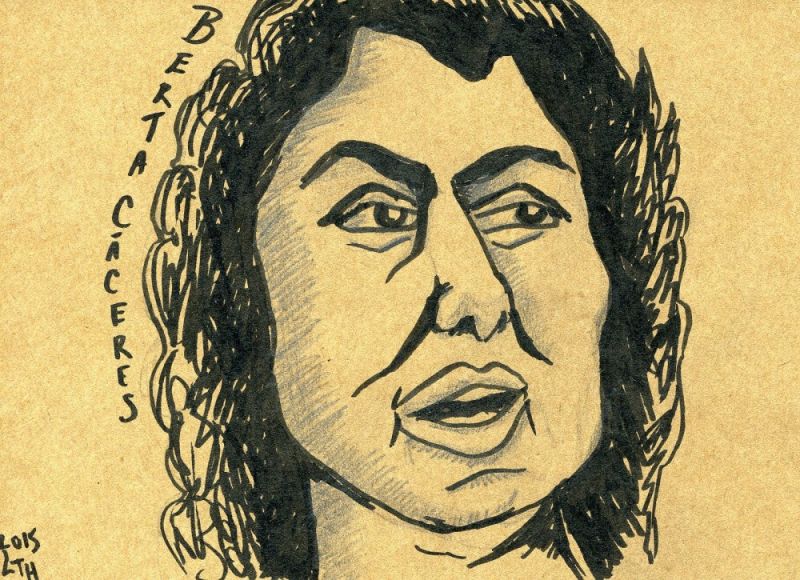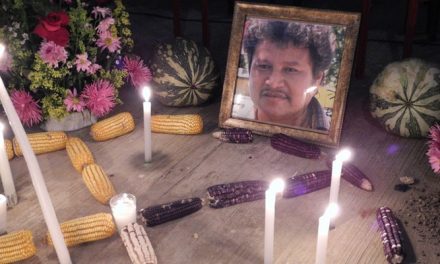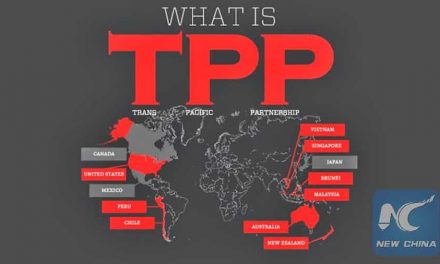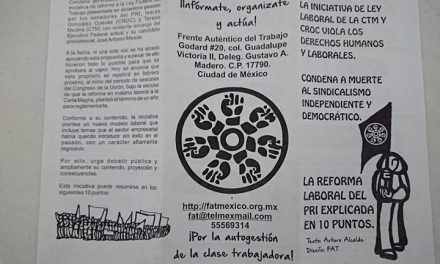Indigenous Rights Under Attack: Canadian economic and political interests over human rights
By Jackie Mcvicar
Canadian Dimension
No one defending their land and territory in Honduras is safe. That was the message that rang loud and clear after Berta Cáceres was murdered in her home on March 3. Cáceres, an Indigenous Lenca woman, mother and grandmother was founder of the National Council of Popular and Indigenous Organizations of Honduras (COPINH)

Illustration by LargeMarge
Worked tirelessly to protect communities at risk of eviction and relocation because of large scale projects that put their lives and livelihoods at risk. Despite being internationally recognized, most recently after winning the 2015 Goldman Prize, Berta was killed in her home by unknown gunmen.
Her Mexican friend and colleague, Gustavo Castro, founder and director of Chiapas-based Otros Mundos (Other Worlds/Friends of the Earth Mexico), was also wounded in the attack. At the time of her murder, Berta was the beneficiary of precautionary measures ordered by the Inter-American Commission for Human Rights – an order with which the Honduran State did not comply.
Berta and her colleagues have repeatedly denounced the criminalization, threats and violent repression that Indigenous communities have faced for defending their homes against the transnational extractive industry. Even before the 2009 coup d’état, communities had spoken out against the Agua Zarca Dam along the Gualcarque River in Intibucá, Western Honduras, sacred to the Lenca People who depend on it for their subsistence. Later, communities found out that another hydropower project along the nearby Canjel River was also being built and began a series of protests to denounce the project.
Hydrosys Consultants, with Canadian offices in Montreal, Sherbrooke and Vancouver is a key player in the Canjel Hydropower Project. According to its website, Hydrosys currently has four projects in Honduras and four others in the region. In terms of the Canjel project, the company is responsible for “Detailed engineering, regulatory authorizations and permits approval process, plans and specifications for the construction, supervision and management of the construction and commissioning.”
The problem with the Canjel project and the permit approval process, for which Hydrosys is responsible, is that the Indigenous Lenca People have not been meaningfully consulted about the project, putting the Honduran state in violation of International Labour Organization Convention 169 on the Rights of Indigenous People, of which it is signatory. In addition, Berta and other Indigenous community members have consistently denounced the Honduran State and the companies involved, including Hydrosys, for moving forward with the licenses for this project without the free, prior and informed consent of the Indigenous community.




